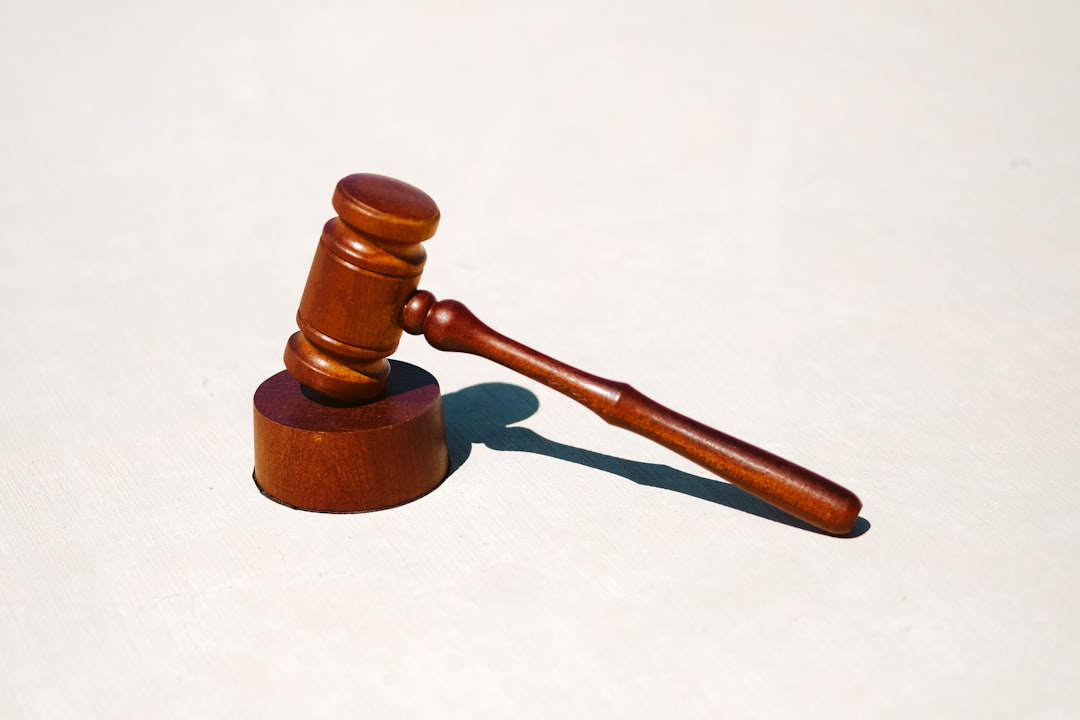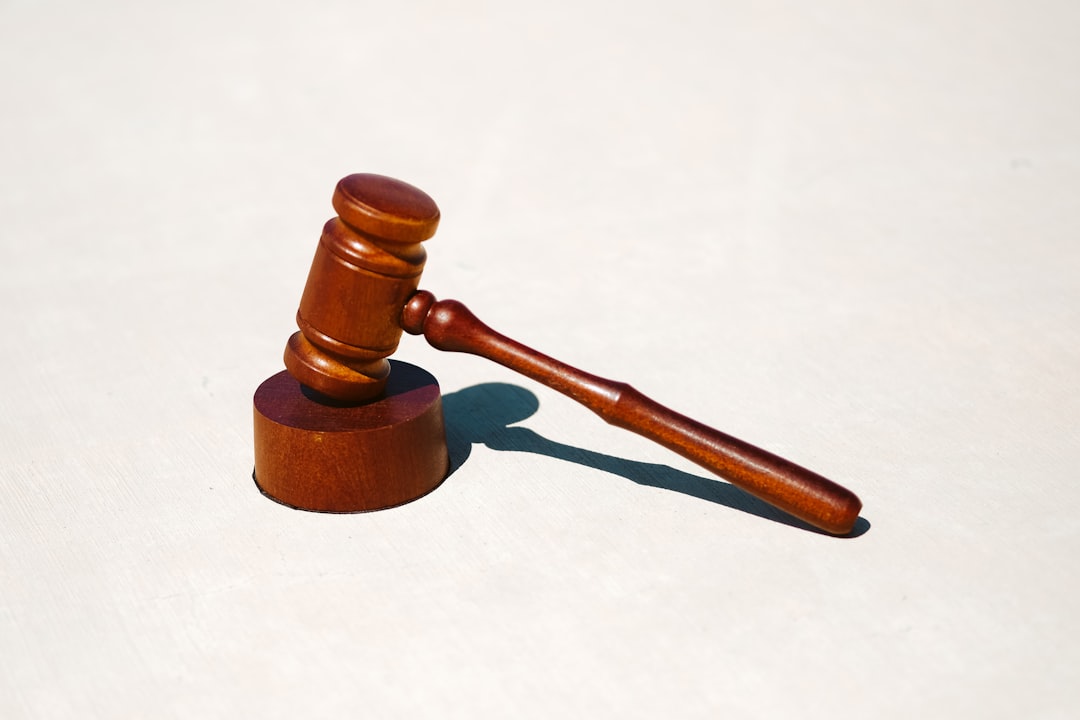Consumers in Massachusetts have specific rights against abusive debt collectors under state law and the Fair Debt Collection Practices Act (FDCPA). File complaints with the Attorney General's Office or FTC, and consider legal action through specialized MA law firms while adhering to Do Not Call laws. Gather evidence, review court locations for small claims cases, and seek damages if unfair practices are experienced.
In Massachusetts, understanding your rights against debt collectors is crucial. If you believe you’ve been subjected to unfair collection practices, knowing how to file a complaint can be empowering. This guide delves into your legal protections under Massachusetts laws and walks you through the process of filing a complaint without resorting to law firms. Additionally, it explores the potential penalties for collectors who violate these rules, offering clarity and recourse for those navigating debt collection issues.
Understanding Your Rights Against Debt Collectors in MA

In Massachusetts, individuals have certain rights when it comes to dealing with debt collectors. Understanding these rights is crucial for protecting yourself against aggressive or unfair collection practices. According to state laws, debt collectors must adhere to strict guidelines when contacting consumers, including respecting personal privacy and refraining from using abusive language or threats. They are prohibited from calling you at unreasonable times, using false or misleading statements, or disclosing your financial information to third parties without consent.
If you believe a collector has violated these rights, you have options. Massachusetts laws allow individuals to file complaints with the Attorney General’s Office and the Federal Trade Commission (FTC). Additionally, many cities in MA, such as Boston, have local ordinances that provide further protections for residents. Remember, knowing your rights is the first step; if a debt collector’s actions prompt you to consider legal action, it’s advisable to reach out to local law firms specializing in consumer rights—but avoid making calls, as Do Not Call laws apply here too.
Navigating the Process of Filing a Complaint

Navigating the process of filing a complaint against debt collectors in Massachusetts involves several steps. First, review the state’s laws to understand your rights as a consumer. The Fair Debt Collection Practices Act (FDCPA) and Massachusetts’ specific regulations provide protections against unfair or abusive collection practices. If you believe a collector has violated these rules, gather evidence such as any communications with the collector, including emails, letters, and phone records.
Next, identify the appropriate court to file your complaint in Massachusetts. This is typically determined by the amount of debt involved and where the collector resides or does business. Without legal counsel—and specifically without calling law firms in MA—you can file a small claims case if the debt is within the allowed limit. Be prepared with all necessary documentation, including your consumer rights statements, copies of communications, and any supporting evidence.
Legal Recourse and Penalties for Unfair Collection Practices

If you’ve been subjected to unfair or abusive collection practices in Massachusetts, you have legal recourse. The Fair Debt Collection Practices Act (FDCPA) outlines specific rights and protections for consumers, including restrictions on when and how debt collectors can contact you. If a collector violates these rules, you can file a complaint with the Federal Trade Commission (FTC) or take legal action against them.
Penalties for unfair collection practices can be significant. Under Massachusetts law and the FDCPA, you may be able to recover actual damages, such as any money you lost due to the collector’s actions, plus additional punitive damages and attorney fees. Filing a complaint not only helps protect you but also serves as a deterrent to other collectors, ensuring they adhere to fair and legal collection practices in Massachusetts. Remember that Do Not Call law firms MA are not necessary; you can navigate these issues through direct legal channels.






